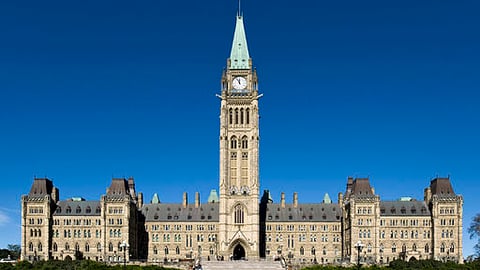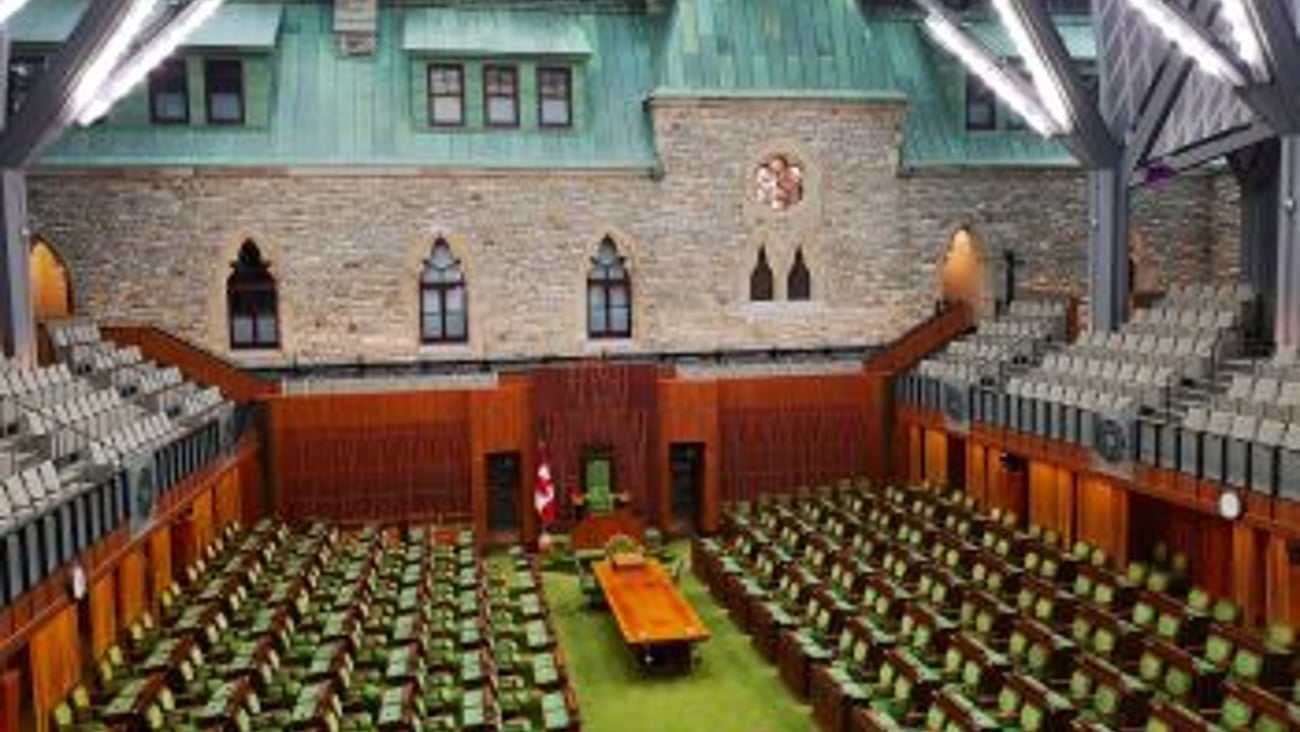Falling short
We know that Canada’s cost of living crisis is real and impacts Canadians and the communities in which they live. This crisis goes beyond access to housing; it is affecting c-store and gas customers at the pumps and in our stores.
This crisis is also creating a ripple effect in Canada as it is threatening the viability of Canada’s 22,500 c-stores, which jeopardizes a critical lifeline for rural and remote communities.
Despite being a major tax collector for the federal government, Finance and Deputy Prime Minister Chrystia Freeland’s recent Fall Economic Statement overlooked two critical issues that can help Canada’s c-store industry.
Credit card fees
In 2022, Canada’s convenience stores collected $25.6 billion in taxes – $10.4 billion for the federal government alone—which is an increase of 11% year over year.
That translates into 48 cents of every sales dollar being collected and paid to government in the form of some type of tax.
With an increase in the use of credit card purchases since the pandemic, it costs each retailer, on average, approximately $30,000 per year—and growing—to collect taxes on all credit card purchases.
That means that Canada’s convenience retailers are being punished for offering convenience to their customers.
We have been asking the federal government to follow through on its commitment to remove the interchange fees on the tax portion of sales, which would save millions for the c-store industry.
Relief from this double-whammy on interchange (paying both the fee on each purchase, and tax on the interchange) would allow us to keep prices lower for Canadians in this high inflationary period. The federal government could also look to implement a tax credit for convenience stores, wherein they can claim a percentage of HST applied on interchange fees as used to be the case with PST collection in many provinces. We hope the government will consider either of these options as a means of relief for our businesses and by extension, Canadians.
Contraband tobacco
Continued inaction on contraband tobacco is costly to communities and to government revenues. Our convenience stores have been clear: the ongoing proliferation of contraband tobacco in communities across the country has created a situation that is untenable.
Recent data from a CICC commissioned report done by EY Canada shows that the contraband problem continues to grow unchecked, costing governments $2.1 billion in lost tax revenues, and creating risks for tobacco consumers and minors.
Nevertheless, addressing contraband goes beyond lost tax revenues, or advancing the government’s smoking cessation initiatives: it is about penalizing the organized crime groups which law enforcement officials say are fuelling this trade, which is eight times more profitable than trafficking narcotics like cocaine or fentanyl.
While we remain optimistic about the future of our businesses and industry, we face a stark reality: three convenience stores in Canada are closing every day. Without direct, concrete action on these priorities and others, convenience stores, who provide essential goods to many in their communities, will continue to close.
We will continue to call on the federal government to take immediate and concrete action on contraband tobacco (through additional resources for both the RCMP, and Canada Post to address this challenge), and to follow through on existing commitments to address credit card interchange fees.
Our tireless advocacy to find a solution that works for both businesses and all Canadians will continue to be a key priority.
As our tagline states, we are in your corner and on corners across Canada.











